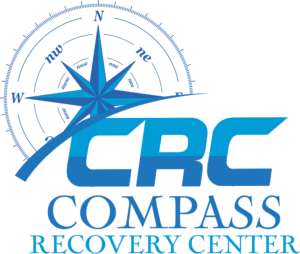Addictions feels like your own personal hell. For many, it is a dark place of obsessive love and hate with your drug of your choice. You likely keep your distance, at least emotionally, from the sober people you love best during your intimate involvement with the substance that currently defines you. Once, you determine, with or without the impetus of others, that you want to break your addiction and move forward to a healthier body, mind, and soul it is essential to involve your family and friends. Here are the top four reasons for telling loved ones about your addiction.
- You need many types of support when you enter recovery. You need to let your family and other loved ones know you are an addict so they can provide for you during this time. Count on the people who love you to take some of the burdens off you so you can concentrate on regaining sobriety and mastering the tools you will need to live a clean life. Your family members can help while you are in detoxification and/or rehabilitation facility by gathering your mail, making necessary phone calls, fostering for your pets and all the little details of life that goes on while you get the professional in patient care you need.
- Honesty is important as you accept yourself as an addict. You need transparency in order to truly understand where you are with your dependency. A helpful way to tell yourself the truth is by telling those closest to you whether you believe they knew it previously or not. You are now beginning to take responsibility and control for your truth. It is your story to tell. It is also the first step in helping you regain the trust of your loved ones.
- Only by talking about your addiction with others can you make amends to those people you have hurt. Though you might feel like it, you do not live in a bubble in which only you are affected by your life choices. Those who love you suffer in many ways. They worry about your health, the situations in which you place yourself and your future. Oftentimes, an addict steals or begs for money or property from relatives and friends to fund his/her addiction. You need to come clean about your substance abuse and its severity to confront what you have done to yourself and others.
- Talking with family members regarding your addiction often sheds light on the origins of your addiction. You might learn that you have a genetic disposition toward substance abuse. According to Harvard Health, many people embody genetic factors that, when coupled with environmental influences, makes them more likely than others to become addicted to alcohol and/or drugs. Your personal information gained from your recall and that of your relatives needs to be shared with your counselors to help you gain clarity and begin to develop specific coping skills.
Take back your present and work for your future by confronting your addiction. Seek professional help and be honest with those you care about and who love you in return. Work together to survive this difficult period as you head toward a better life. Transparency regarding your addiction helps not only you but also them (and you owe them that).

